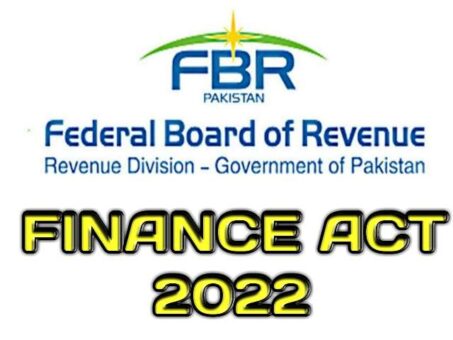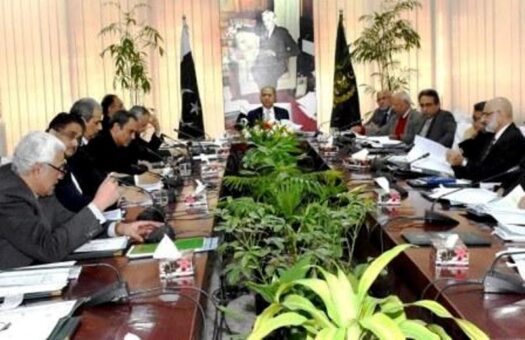KARACHI: The National Assembly of Pakistan has rejected a proposal to grant final tax regime for commercial importers.
The proposal was made part of Finance Bill, 2022 under which the government proposed to bring commercial importers under the ambit of final tax regime.
READ MORE: Mechanism revamped for tax dispute resolution
Previously, PTI government after consultation with manufacturers and other stakeholders brought the importers into minimum tax regime through Finance Act, 2019.
The importers were brought into the minimum tax regime after arguments that the importers were misusing the tax incentives as the final tax regime was not subject to audit and returns. The importers are required to file a statement only under the FTR.
The Finance Bill, 2022 proposed to make amendment in sub-section 7 of Section 148 of the Income Tax Ordinance, 2001 to substitute the word ‘minimum’ with the word ‘final’.
However, the national assembly rejected the proposal of final tax regime for commercial importers is withdrawn. Consequently, commercial importers will remain under minimum tax regime.
READ MORE: Simplified tax regime for shopkeepers implemented
Tax experts at PwC A. F. Ferguson & Co. said that previously, in case of goods imported by an industrial undertaking for own use, the advance tax on imports did not constitute minimum tax if the same were subjected to advance tax collection at 1 per cent or 2 per cent.
There were various items which were in the nature of raw material but were subjected to standard rate of 5.5 per cent.
READ MORE: Pakistan withdraws tax amnesties for industrial promotion
The tax authorities were misinterpreting these provisions to deny the adjustability of tax collected at 5.5 per cent.
This regime has been amended and now the advance tax on raw materials imported by an industrial undertaking for own use will not be minimum tax irrespective of the applicable rate.
However, advance tax on import of following items will be treated as minimum tax in respect of income arising from such imports:- a) Edible oil; b) Packaging material; c) Paper and paper board; or d) Plastics.
READ MORE: Pakistan expands tax exemptions under foreign treaties







